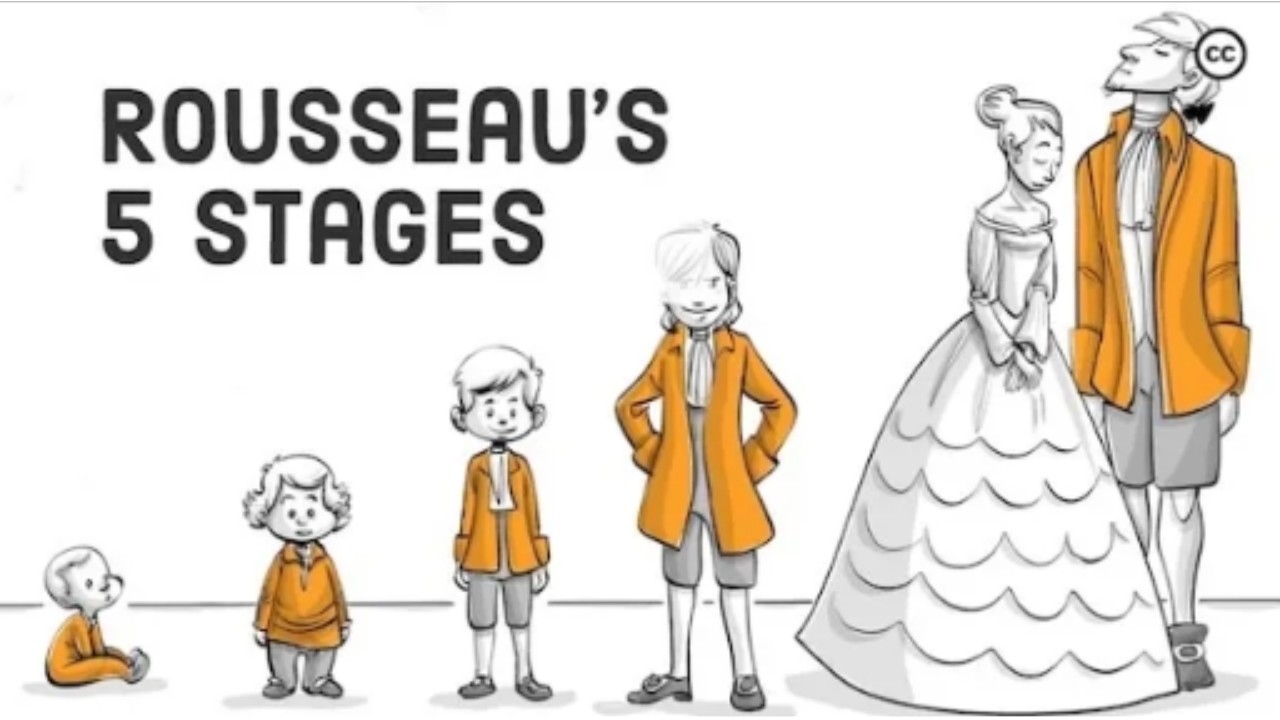The roots of child-centered learning trace back centuries to seminal educational theorists
including Rousseau, Pestalozzi, Froebel, Dewey, Montessori, and Vygotsky. With the 1762
publication of Emile, influential French philosopher Jean-Jacques Rousseau focused educational
theory on the natural needs and predispositions of young individuals (Pinar, Reynolds, Slattery &
Taubman, 2004). Rousseau perceived the child as inherently good, with inclinations
complementary to the natural world. He inspired freedom-based education, a 20th Century childcentered movement that gives children the freedom to pursue their own interests. Freedom-based education is rooted in the basic premise that education should “honor the dignity and autonomy of each individual by allowing her to freely discover her own life’s meaning through the exploration of her interests, rather than being made to study some pre-arranged sets of knowledge at a standard pace” (Morrison, 2007, p. 45). Proponents maintain that this freedom helps children become better democratic citizens because they get to know and trust themselves (Morrison, 2007).
